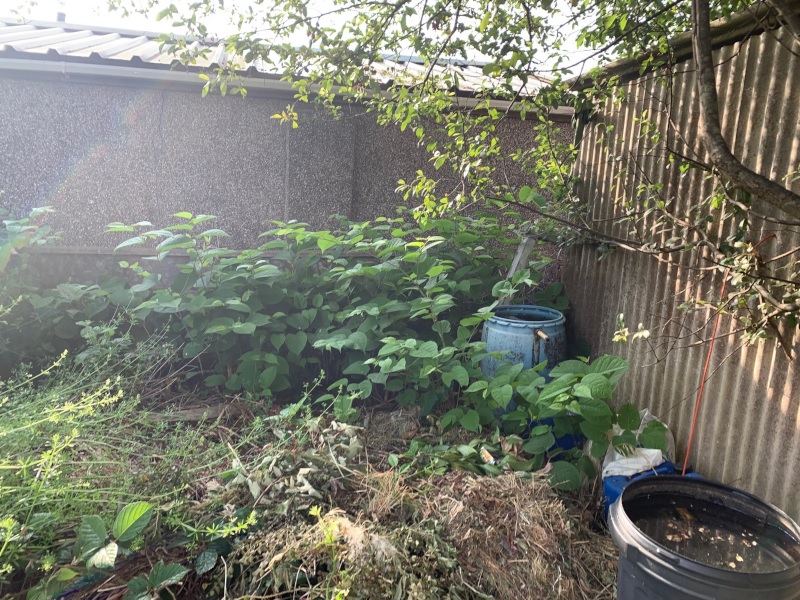
The Environment Agency's Japanese knotweed code of practice was originally published in 2006. After several revisions, the publication was withdrawn on 11 July 2016:
"This guidance has been withdrawn from use because the Environment Agency no longer provides best practice guidance."
However, the Property Care Association - the UK's trade association for specialists who deal with problems that affect buildings - published its own code of practice in April 2018.
(Note that the PCA's code of practice is NOT the law. It is merely a document that explains the best practices for controlling Japanese knotweed. If you're looking for official government guidance and legislation, see gov.uk's page on how to stop invasive plants from spreading.)
What does the Property Care Associaton's code of practice say?
The PCA's code of practice is intended as a "concise and thorough guide to the management of Japanese knotweed". You can read the full document here - here's a quick overview of what it includes:
- Training requirements for Japanese knotweed contractors
- A description of Japanese knotweed - its appearance, its history, and the impact it can have on properties
- A summary of current Japanese knotweed legislation
- Best practices for surveying, controlling and disposing of Japanese knotweed
- Requires for Japanese knotweed reports
- Special considerations for Japanese knotweed contractors
Taylor Total Weed Control is a PCA-registered company offering specialist Japanese knotweed removal in South Wales and South West England. If you have Japanese knotweed (Fallopia japonica) on your property, call 029 2039 7554 today to arrange an invasive species survey.
Contact Taylor Total Weed Control
